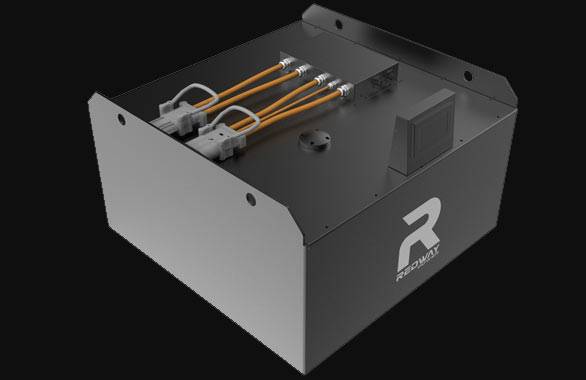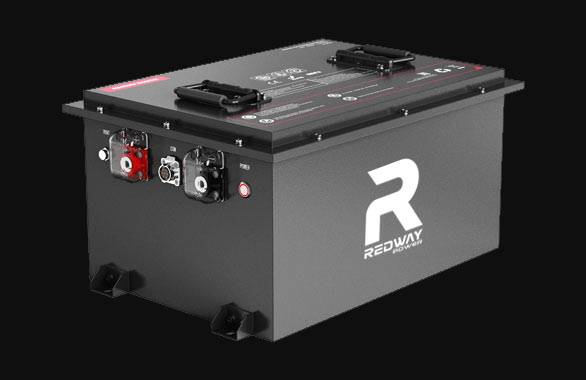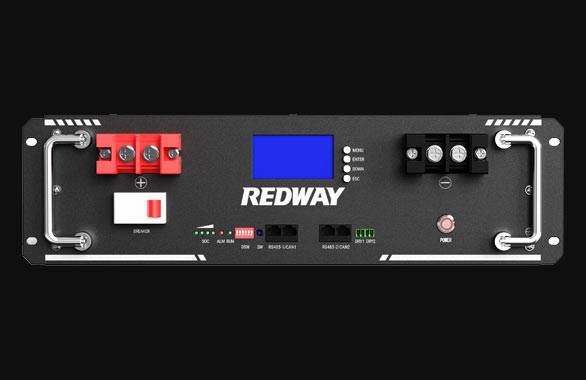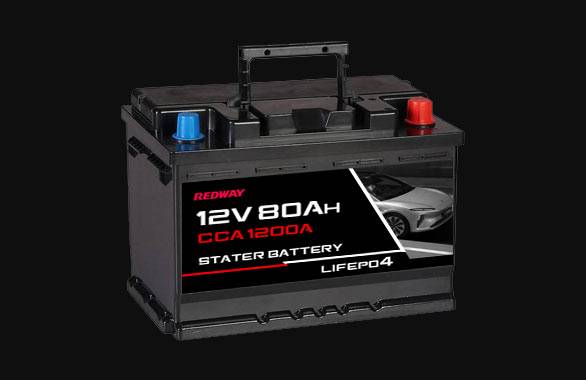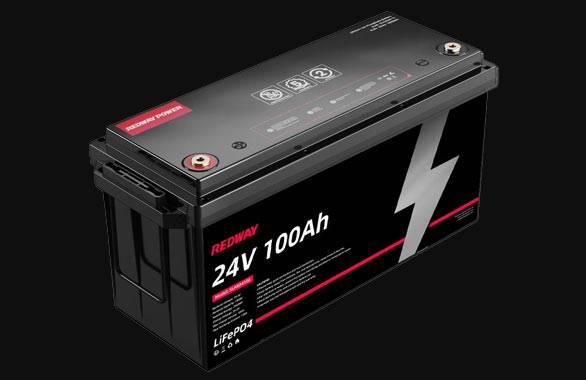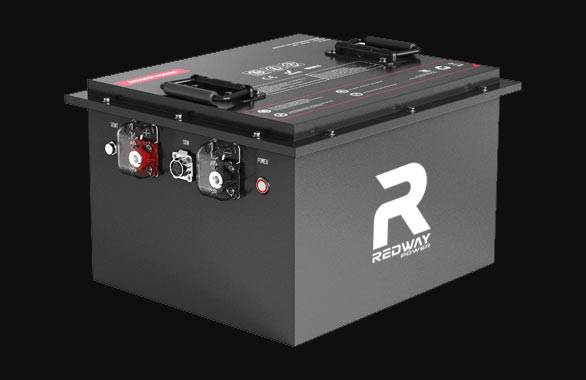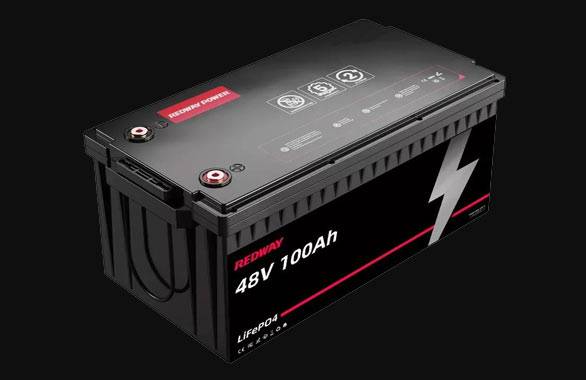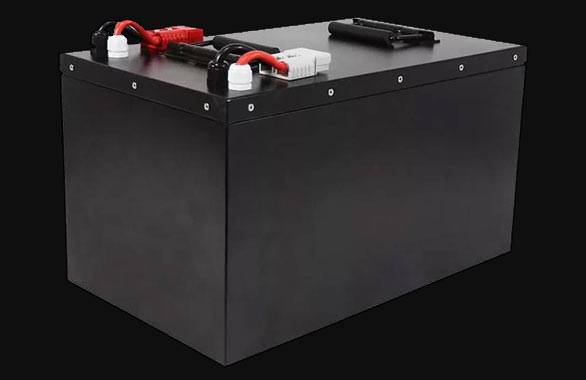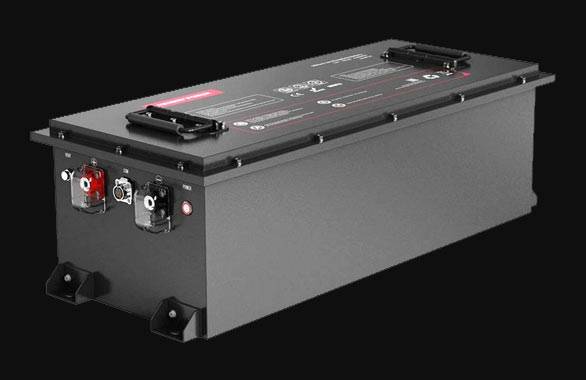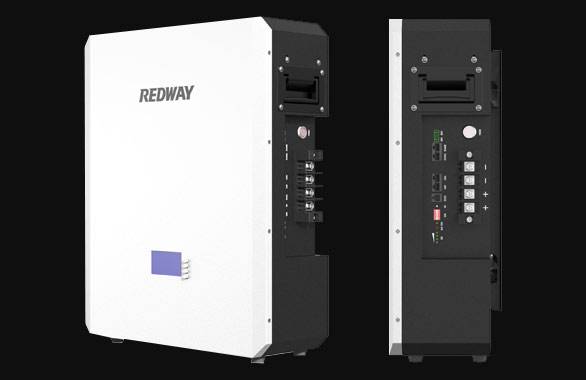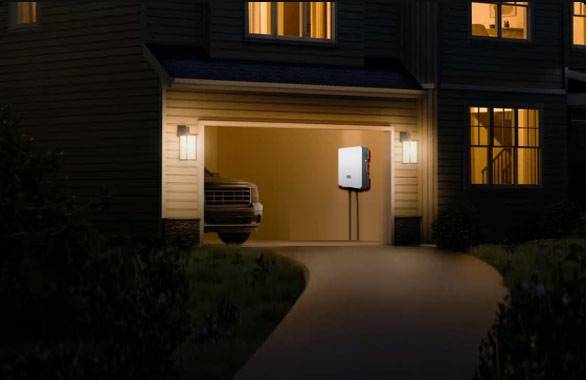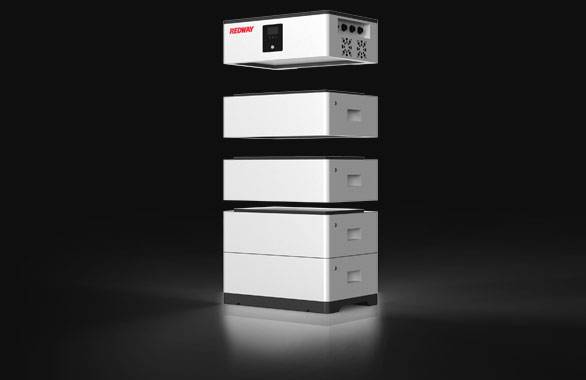- Forklift Lithium Battery
- Golf Cart Lithium Battery
- Rack-mounted Lithium Battery
51.2V 100Ah Rackmount LiFePO4 Battery
8000 times (80% DOD 0.5C)
Optional SNMP for TELECOM - Car Starter Battery
- 12V LiFePO4 Battery
12V 150Ah Lithium RV Battery
Bluetooth App | Self-heating
LiFePO4 | Group 31
UL 1642 | IEC 62619 - 24V LiFePO4 Battery
- 36V LiFePO4 Battery
- 48V LiFePO4 Battery
- 60V LiFePO4 Battery
60V 100Ah Lithium Battery (AGV, AMR, LGV)
Peak Discharge Current 400A
500 x 298 x 349 mm - 72V~96V LiFePO4 Battery
72V 100Ah Lithium Golf Cart Battery
Peak Discharge Current 315A (10S)
740 × 320 × 246 mm - Wall-mounted Lithium Battery
51.2V 100Ah 5kWh
Wall-mounted Battery532 x 425 x 170 mm / LiFePO4
>8000 Cycles (80% DOD 0.5C)
RS485 / CAN-bus
for Solar Home ESS - Home-ESS All-in-One
51.2V 32kWh
All-in-On HESS SystemPowerAll
51.2V / LiFePO4
>8000 Cycles (80% DOD 0.5C)
RS485 / CAN-bus / WiFi
All-in-One for Home ESS
72V FALCON – LiFePO4 – 28Ah – 2.1kWh
The 72V FALCON LiFePO4 28Ah battery is a high-performance energy storage solution designed for applications requiring compact power delivery. With a nominal voltage of 72V and 2.1kWh capacity, it leverages LiFePO4 chemistry for enhanced thermal stability, 2000+ charge cycles, and robust BMS protection against overcharging or short circuits. Ideal for lightweight EVs, solar storage, and backup power systems, it balances energy density (≈170 Wh/kg) with safety, operating efficiently in temperatures from -20°C to 60°C. Charging requires 87.6V CC-CV protocols to optimize lifespan.
Understanding Golf Cart Battery Costs
What are the key technical specifications of the 72V FALCON battery?
This 28Ah LiFePO4 battery delivers 2.1kWh at 72V nominal voltage, with a peak discharge rate of 2C (56A). Its BMS safeguards against overvoltage (cutoff at 87.6V) and thermal extremes (-20°C–60°C operation). Pro Tip: Always use temperature-compensated charging below 0°C to prevent lithium plating.
Structurally, the FALCON utilizes prismatic LiFePO4 cells arranged in 24S configuration to achieve 72V. Unlike older lead-acid systems, its 170 Wh/kg energy density allows 40% weight reduction—critical for mobility applications. The integrated BMS monitors cell balancing with ≤50mV variance tolerance, crucial for maximizing the 2000-cycle lifespan. For perspective, this battery could power a 1kW e-scooter for 2 hours continuously. But what happens if you ignore voltage matching? Mismatched controllers risk tripping the BMS’s 100A peak current protection. Transitioning from traditional setups, users benefit from zero memory effect and 3% monthly self-discharge—ideal for seasonal solar storage.
| Parameter | 72V FALCON 28Ah | Standard 72V 100Ah |
|---|---|---|
| Energy | 2.1kWh | 7.2kWh |
| Peak Discharge | 56A (2C) | 200A (2C) |
| Weight | ≈25kg | ≈76kg |
How does LiFePO4 chemistry benefit this battery?
LiFePO4 technology ensures exceptional thermal stability, reducing combustion risks compared to NMC cells. With 2000–6000 cycle durability at 80% DoD, it outperforms lead-acid by 5x. Pro Tip: Partial discharges (20–80%) can extend cycle count beyond manufacturer ratings.
Phosphate-based cathodes inherently resist thermal runaway, making this battery suitable for confined spaces like marine installations. While energy density trails cobalt-based chemistries, the trade-off pays dividends in safety—critical when deploying near solar inverters or residential areas. Practically speaking, a 2.1kWh FALCON pack can store enough energy from six 400W solar panels during peak daylight. Transitioning to real-world performance, these cells maintain >80% capacity after 1500 cycles even at 55°C ambient temperatures. Why choose LiFePO4 for renewable setups? Their flat discharge curve (72V±5% under load) ensures stable voltage for sensitive electronics compared to lead-acid’s voltage sag.
What applications suit the 72V FALCON 28Ah configuration?
Compact 2.1kWh capacity makes it ideal for micro-mobility (e-bikes, delivery robots) and residential solar buffer storage. The IP65 rating permits outdoor deployment in weatherproof enclosures.
Beyond personal transport, this battery excels as a UPS for telecom towers requiring 48–72VDC input. Its 56A continuous discharge supports 3kW inverters for emergency backup during outages. For example, paired with a 3kW solar array, it could power essential home circuits (lights, fridge, router) for 8+ hours. Transitioning to commercial use, modular stacking allows creating 10kWh+ storage banks. But how scalable is it? Parallel connections require identical batteries and BMS synchronization to prevent imbalance. Pro Tip: Use dedicated busbars rated for 100A when paralleling units to minimize resistance.
| Application | Runtime Estimate | Load |
|---|---|---|
| E-Scooter | 40–55 km | 500W motor |
| Solar Backup | 10 hours | 200W system |
Redway Battery Expert Insight
The 72V FALCON series exemplifies LiFePO4’s safety-profile advantages in compact energy storage. Redway optimizes cell architecture for 87.6V charging precision and granular BMS monitoring—key for applications demanding reliability over 2000+ cycles. Our testing confirms 95% capacity retention after 18 months in cyclic solar use, validating its ROI for off-grid installations.
FAQs
Can I connect multiple 28Ah FALCON batteries in series?
No—series connections would create dangerous voltage levels (144V+). Parallel connections are permitted up to 4 units for 8.4kWh capacity, provided all packs share identical SOC.
What charger specifications are required?
Use CC-CV chargers with 87.6V±0.5% output and 28A max current. Third-party units lacking temperature compensation risk winter charging failures.
How Long Should Golf Cart Batteries Last?


